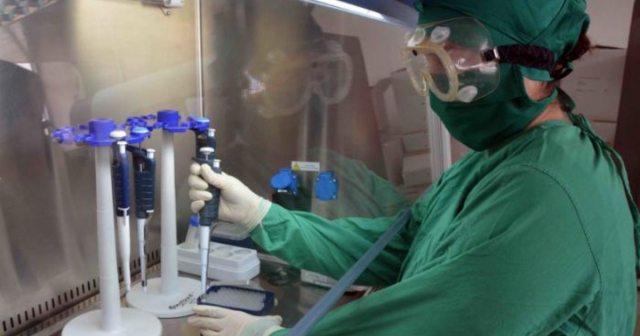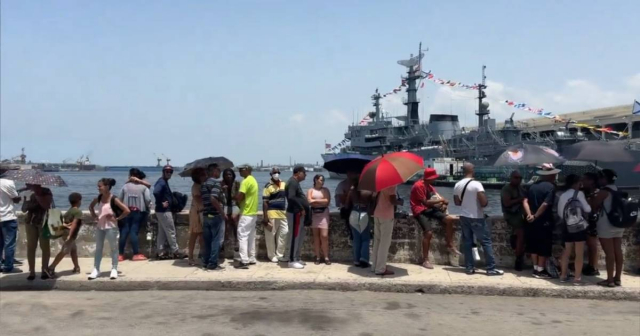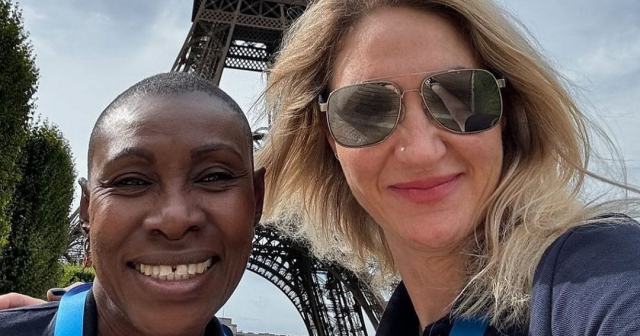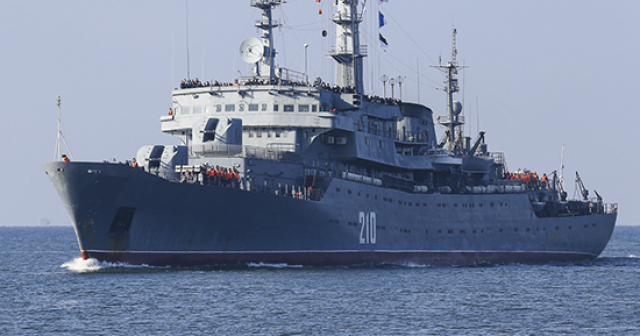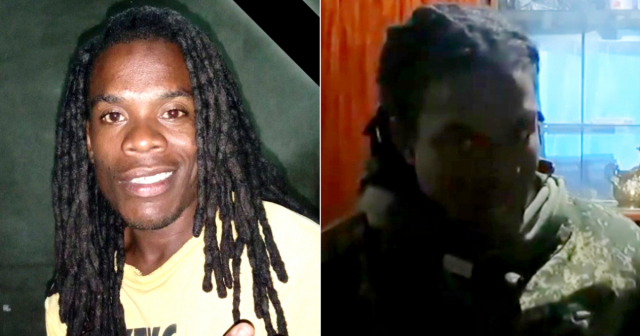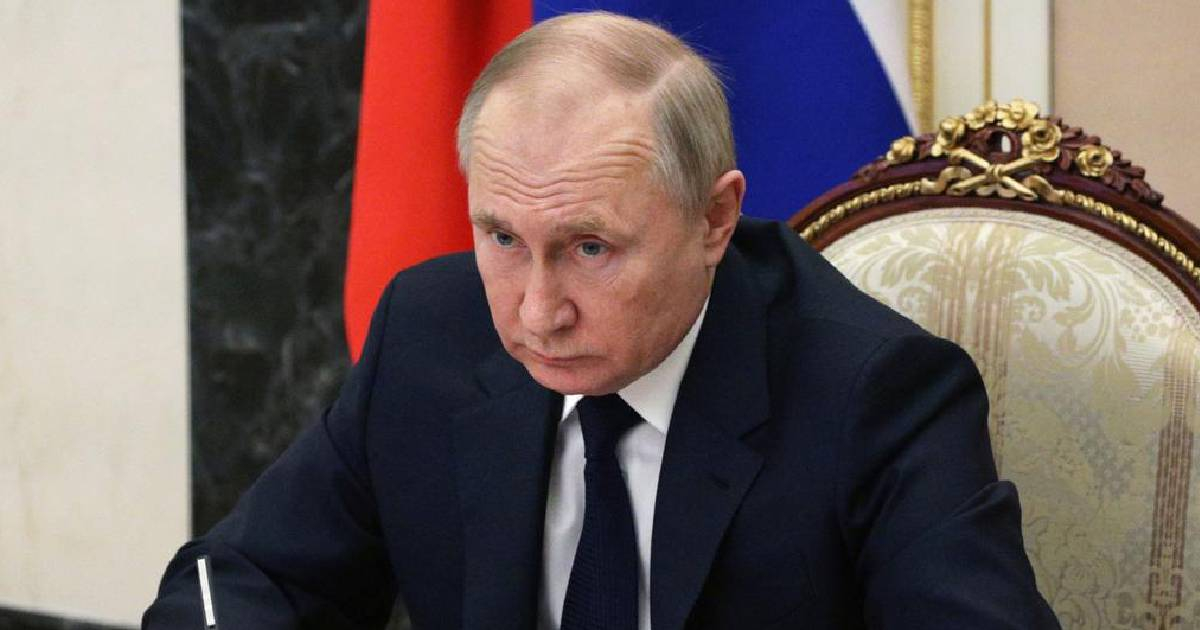
Cubans in Russia could be affected by the new law that outlines the obligations that foreigners must fulfill to reside in that country, signed last Thursday by President Vladimir Putin.
The document, which was published by the state's legal information portal, also outlines the mechanisms for the expulsion of a foreigner in case of violation of local legislation.
Russian lawmakers who proposed the law said that “these changes will not only help increase control over the stay of foreigners in Russian territory but will also encourage them to legalize their status,” quotes the Efe agency.
Among the main requirements of the document are that foreigners wishing to live in the country must “refrain from activities that harm Russia, respect the Constitution and the laws in force in Russia.”
It also demands "respect for the environment, natural resources, the material and cultural values of Russia, and respect for the regional and ethnocultural diversity of the population of Russia."
On the other hand, it asks "not to interfere in the foreign and domestic state policy of Russia, which includes not taking actions aimed at approving, changing, or repealing laws or other legal normative acts."
It requires "respecting traditional Russian spiritual and moral values, including the concept of marriage as the union between a man and a woman, family, motherhood, fatherhood, and childhood."
In one of its sections, it prohibits "the propaganda of non-traditional sexual relationships and the distortion of the historical truth about the actions of the Soviet people during the defense of the Motherland and their contribution to the victory over fascism."
It also prohibits the possibility of financing or supporting activities considered illegal in Russia.
They clarify that deportations include individuals who do not reside legally in the country, whether due to the expiration of their temporary stay period, the expiration of immigration documents, the cancellation of the temporary stay or residency permit, or after the commission of a crime.
With the entry into force of this document, the Russian regime establishes a greater number of control measures to determine the whereabouts of a foreigner and limitations on their rights.
There are clauses that restrict freedom of movement, prohibit changing one’s place of residence without authorization from the Interior authorities, prevent the possibility of driving vehicles or obtaining driver's licenses, and there is a prohibition on the purchase or transfer of real estate or vehicles, or registering these assets.
The people affected by this measure will also be unable to marry, register as self-employed workers, open bank accounts, obtain credit, or make money transfers, except to purchase food products up to a maximum amount of 30,000 rubles per month (approximately 350 dollars or 320 euros) and to buy tickets that allow them to leave the country.
The law establishes the creation of a registry of controlled individuals to be used by the Ministry of the Interior and the Government. Additionally, it allows for the confinement of these individuals in special facilities designed for this purpose for a period of 48 hours without the need for a trial, a term that can be extended by decision of the courts.
Police officers will be authorized to enter homes and other establishments where they suspect that migrants in irregular situations are located. Likewise, they will have the authority to deport foreign citizens without the need for a judicial process.
Furthermore, the law establishes that the period of temporary stay for foreign citizens entering the Russian Federation under a visa exemption regime, as is the case for Cubans, is reduced to 90 days in a year.
These measures are in line with the expulsions that occurred after the attack on March 22 at a theater near Moscow that left at least 150 dead.
On that occasion, President Putin called to combat illegal immigration, arguing that Russia has paid "a high price and all the analysis of the situation must be extremely objective and professional."
Called to contain the flow of illegal immigrants, including Cubans, who have been able to travel visa-free to that nation for a period of 90 days for several years.
What do you think?
COMMENTFiled under:

